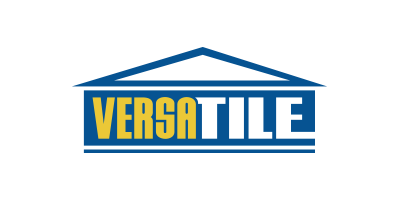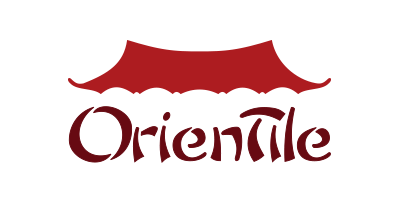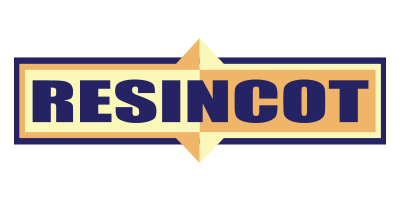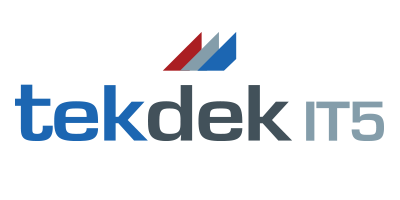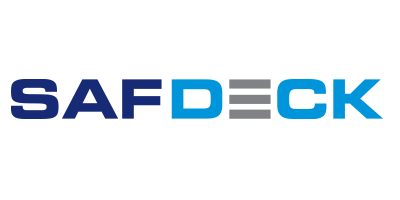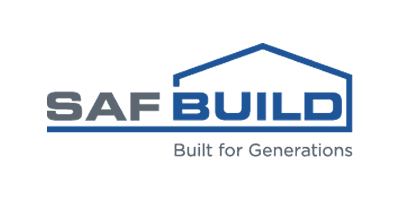
George Arodi shares the most important lessons he's learned in the 26 years at SAFAL Group
Ubaati
2022-06-17
Time flies; time moves with amazing speed and leaves profound memories and learnings in the wake.
I have just pressed the 26th- year button since I joined Safal Group as a young, budding graduate of a business school. I have seen it all in the growth of the Safal Group: I have worked with some of the sharpest brains (I have seen daft ones too in my 20+ year journey)
This year, I am celebrating my 11th year as Head of Business and Director in two locations, with this great group. Let me throw some personal learnings in my career:
1. What you learn early in your career life shapes your future career: As one grows up the leadership ladder, a wide knowledge base on various functions in an organization is critical. Many people fail in their careers or exhibit yawning gaps in their ability to be effective in senior positions due to narrow knowledge of the business. Even those who ascend to leadership positions through sycophancy or favors get naked and exposed. They tend to be indecisive due to a lack of knowledge in handling emerging situations and can be held at ransom by their management team, to whom they have conspicuous overdependence. I have biased consideration of those who display a breadth of knowledge of the overall business than overspecialized team members, however good they are in their function. So, when one has a chance to have cross-functional learning at an early age, please do so; it helps. Young people are lucky because they lack in-depth specialization in the early formation of their careers. For those joining organizations at Graduate trainee levels, it is important to take the departmental rotations seriously
2. Working with a demanding manager is key in career progression: Sometimes we resent when faced with demanding leaders. But what we don’t realize is how such pressures shape our future career journey. I was lucky to have worked under demanding managers like Kaushik Shah and Khaterpal at very early ages in my career. I was challenged in matters of engineering; exposed to logistics, trade, and tax. The knowledge these exposures played in my career journey is immense. For Example, my logistics background helped me so much in steering my organization in a landlocked Ethiopia to exponential growth. I get concerned when staff confronted with additional load in their workplaces show signs of negativity or invoke their Job Descriptions to get solace out of challenging positions. I invite those who wish to grow in their careers to be open up to pressures and take loads beyond the call of their normal responsibility.
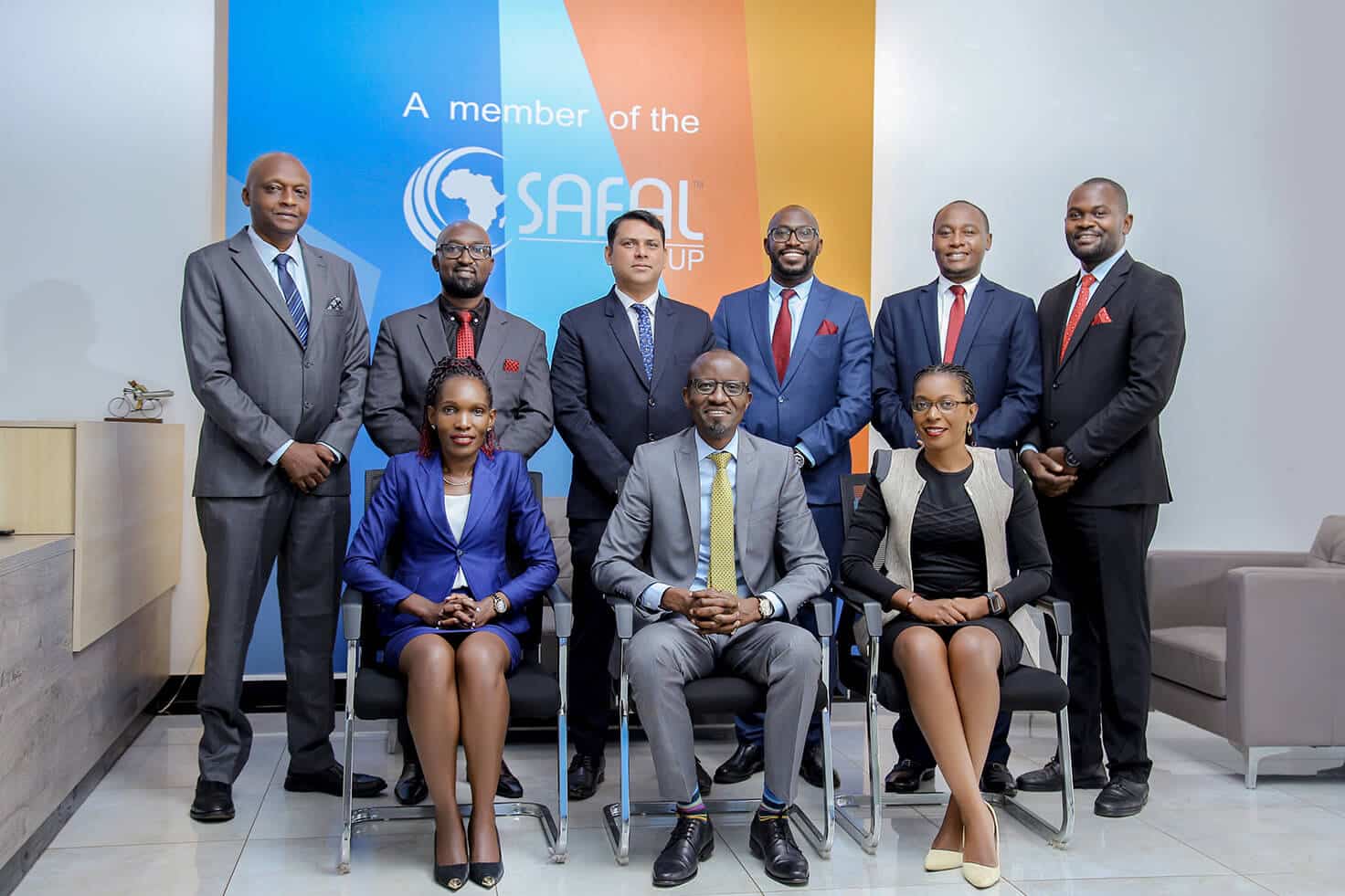
3. Your career elevation is not always dependent on your supervisor: People can grow in organizations faster than their current supervisor and I did. I have been promoted to the head of a business, leapfrogging my supervisor. It is always important to perform to the levels which can earn your recognition beyond your supervisor. In my experience, promotions will not only emanate from the recommendations of the supervisor but that second hand that will pull your hand in the boardrooms. This can vary from a shareholder or any level beyond your supervisor. It is a known fact that some supervisors would be keen to keep you in the position where you are performing exceptionally well – a performance that helps in accentuating their performance and profile in the organization. So, always be conscious of that second hand which is critical for senior career decisions. We should not try to limit ourselves to the capabilities of our supervisors as this can be so limiting. I have not asked you to try to outdo your supervisor or become overly conspicuous or be a sycophant, but to show zeal and performance that can earn you recognition beyond the boundaries beyond your current reporting lines.
4. Changing jobs fast does not always translate into the speed of movement in career path: I have one former classmate at the university who is sitting in his 15th job after leaving campus. Within the first 1 year after graduation, he had changed jobs twice. His appetite to move from one job to the next continued unabated. In his 15th job, he has still not reached the pinnacle of heading a business. Patience brings confidence and trust. We do not have to die on one job but give it enough time to learn the organization’s dynamics before jumping ship. Be the champion of change in the business environment of the organization rather than complain and seek solace in other perceived ‘greener pastures. You are part of the working environment of that organization; contribute to the changes from within to make the organization better
5. Work environment drives employee performance and loyalty: We at Uganda Baati have done so much to bring comfort to the employees. From the ambiance of our offices, wellness facilities (including gym and lounge); training center, various social clubs, good canteen, and food. We go out for a drink too. We may not be the best paymasters in the market, but as we part ways with employees, the speeches on the conducive working environment including how people relate dot the exit speeches. We aspire to make working at Uganda Baati fun, and this becomes even more critical as the young population joins our leadership ranks.
6. You cannot take off with the wrong people in the team: Every time we take up responsibility in a new organization, with poignant expectations, we get confronted with people’s issues as we try to drive change. We all get different staff, from those who exert negative energies in the team to those who brush shoulders with the mighty in the organization hierarchy. The deep roots can be a source of frustration for new leaders in an organization if not married to the culture of performance and readiness to change. It is important to have the management team and staff who aligns with our vision, otherwise, we will be starting at failures. Shake the tree; weak apples will fall. But as we do this it is always important to exercise patience in dealing with people’s matters
7. Hands-off-off leadership style does not work for me; maybe it does for you.
8. Spend more time in the market: In whatever positions we are in an organization, focus on the customers must be at the core of senior management responsibility. I have made various presentations to our business partners and, recently, at the Safal Group annual conference to give insights on the strategies we adopted at Uganda Baati to achieve about 300% positive change in the company profitability in under 5 years. Other than people, the market strategy was a key factor in the transformation journey. I urge the top leadership of organizations to get out of the comfort of their offices and go to the market. They stand to get great insights into driving performance. At Uganda Baati, all our HODs, irrespective of the function, has specific market engagement plans, and this has worked well for us in the turnaround journey.
9. Culture has a great impact on organization performance: If there is one thing that can bring consistency in performance is culture. Our transformation journey was punctuated with various culture change initiatives in 2018 and again rejuvenated in 2020 with different approaches. People come and leave the organization, but company culture seamlessly aligns with new staff. One of the key challenges facing many corporates in some markets in this region is a lack of sense of urgency and ownership. I was confronted with the same situation and had to resort to culture change interventions to achieve consistency in performance and align the team. Yes, as the famous quote says, the wrong culture eats strategy for breakfast.
To me, every day offers new learning opportunities; I am still drawing leanings as we drive Uganda Baati to greatness.
By George Arodi, Head of Business, Uganda Baati Ltd

